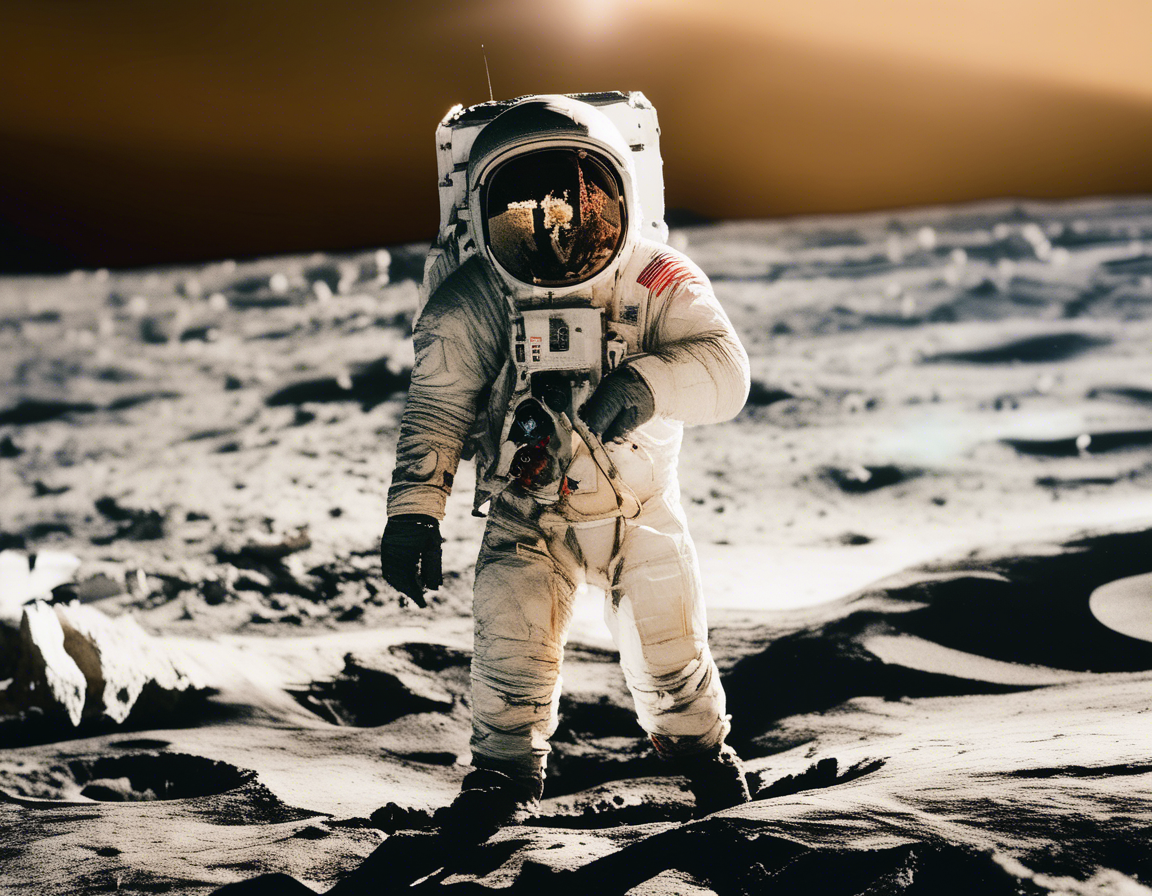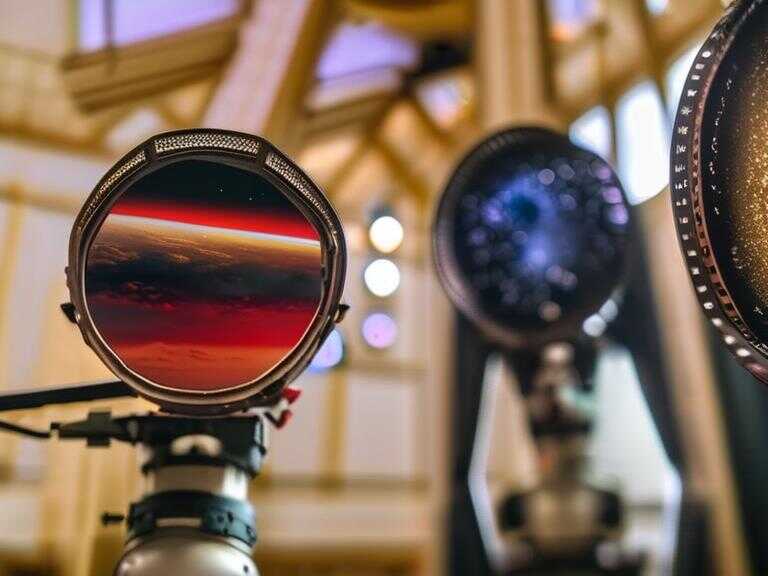
NASA's Crew-11 Prepares for Deep Space Missions from ISS
NASA's SpaceX Crew-11 will conduct experiments on the International Space Station to advance scientific knowledge for future human space exploration, including missions to the Moon and Mars.

The International Space Station (ISS) continues to be a crucial platform for advancing scientific understanding and developing technologies essential for future space exploration endeavors. From conducting groundbreaking research on the effects of microgravity to testing innovative life support systems, the ISS serves as a proving ground for humanity's ambitions in the cosmos.
Advancing Medical Research
One of the most promising areas of research conducted on the ISS is in the field of medicine. Astronauts aboard the station are involved in experiments that investigate the impact of space travel on the human body, with a particular focus on bone density loss, muscle atrophy, and cardiovascular changes. These findings have significant implications for developing countermeasures to mitigate the health risks associated with long-duration missions, paving the way for safer and more sustainable
human exploration of destinations like the Moon and Mars.
Space Exploration and Beyond
The ISS also plays a vital role in preparing for future space exploration missions. Astronauts conduct experiments that simulate lunar landings, allowing them to evaluate how different gravitational forces may affect their ability to navigate and operate spacecraft in challenging environments. This hands-on experience is invaluable for training astronauts for the rigors of deep space travel and ensuring the success of ambitious missions such as NASA's Artemis program, which aims to return humans to the Moon.
Furthermore, research on the ISS contributes to our understanding of fundamental scientific principles. Experiments in areas such as fluid dynamics, materials science, and combustion offer insights into the behavior of matter under microgravity conditions, leading to advancements in various fields, including manufacturing, energy production, and medicine. The data collected from these experiments has far-reaching applications that benefit society as a whole.
Looking ahead, the ISS will continue to serve as a hub for scientific discovery and technological innovation. With ongoing research efforts focusing on areas such as stem cell production, space agriculture, and advanced life support systems, the station is poised to make even more significant contributions to our understanding of the universe and our place within it.
Share news















